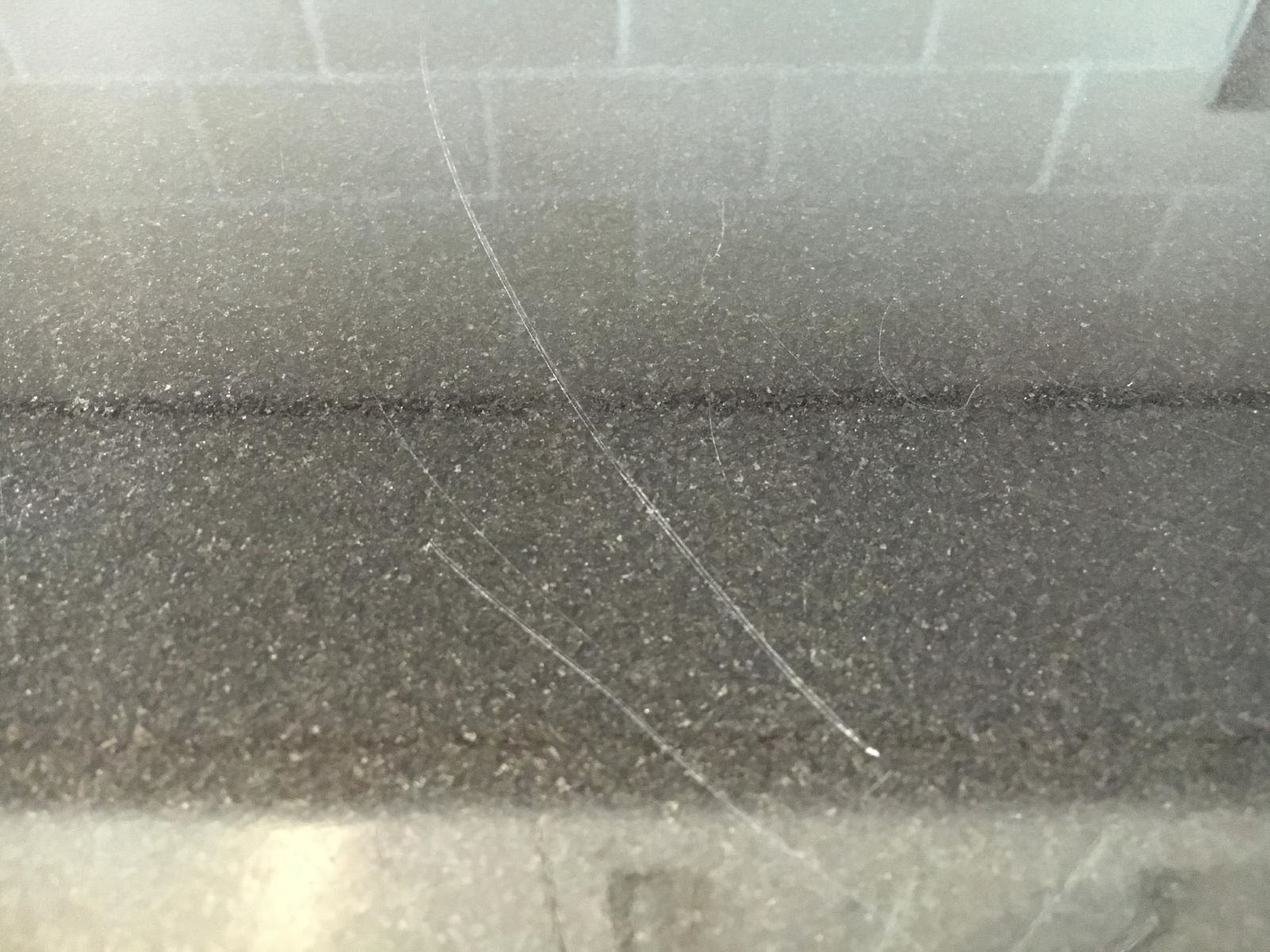

Articles
What Can Scratch Granite Countertops
Modified: December 13, 2023
Wondering what can scratch granite countertops? Discover the common culprits in our informative articles, and learn how to protect your investment.
(Many of the links in this article redirect to a specific reviewed product. Your purchase of these products through affiliate links helps to generate commission for Storables.com, at no extra cost. Learn more)
Introduction
Granite countertops are a popular choice for many homeowners due to their beauty, durability, and longevity. However, like any other surface, granite countertops can be susceptible to scratches if not properly cared for. Understanding the factors that contribute to scratching, the common objects that can cause damage, and the preventive measures and maintenance techniques can help you keep your granite countertops looking pristine for years to come.
Granite is a natural stone known for its exceptional hardness. It is composed of various minerals, including quartz, feldspar, and mica, which give it its unique appearance and strength. Despite its hardness, granite can still be scratched under certain circumstances. The three main factors that contribute to scratching are the hardness of the object, the sharpness of the object, and the pressure applied.
Now, let’s delve deeper into each of these factors and explore the common objects that can scratch granite countertops.
Key Takeaways:
- Protect your granite countertops by understanding scratching factors, using cutting boards, and avoiding abrasive cleaners. Regular maintenance and sealing can extend their lifespan and keep them looking pristine.
- Minor scratches on granite countertops can be polished out, but seek professional help for deeper scratches. Prevention is key to maintaining the beauty of your countertops for years to come.
Read more: What Are Granite Countertops
Scratching Factors
When it comes to scratching granite countertops, there are three key factors to consider: the hardness of objects, the sharpness of objects, and the pressure applied.
1.1 Hardness of Objects
The hardness of objects that come into contact with granite countertops is a significant contributing factor to scratching. Objects with a higher Mohs hardness scale rating, which measures a material’s relative hardness, are more likely to scratch granite. For example, materials such as steel, iron, or granite itself have a higher hardness rating and can cause scratches if rubbed or dragged on the countertop surface.
1.2 Sharpness of Objects
The sharpness of objects also plays a crucial role in scratching granite countertops. Objects with sharp edges or points can easily penetrate the protective seal and scratch the surface. Knives, keys, or tools with sharp tips should be handled with care to avoid direct contact with the granite. Even seemingly harmless items, like ceramic plates or glassware with chipped edges, can cause scratches if dragged across the countertop.
1.3 Pressure Applied
The amount of pressure applied to an object while in contact with the granite countertop is another vital factor. Excessive pressure can increase the likelihood of scratching, especially when combined with a hard and sharp object. Care should be taken to avoid applying excessive force or dragging heavy objects on the granite surface.
By understanding these scratching factors, you can take appropriate measures to protect your granite countertops and keep them looking their best for years to come. In the next section, we will explore the common objects that can scratch granite countertops.
Read more: What Are Leather Granite Countertops
Common Objects That Can Scratch Granite Countertops
While granite is a durable material, there are several common objects that can cause scratches on its surface if not handled with care. Let’s take a closer look at some of these objects:
2.1 Metal Utensils
Metal utensils, such as knives, forks, and spoons, can easily scratch granite countertops if used directly on the surface. The hardness of the metal combined with the pressure applied during cutting or stirring can leave visible marks on the countertop. To avoid scratches, always use a cutting board or a mat when working with metal utensils on your granite countertop.
2.2 Ceramic and Glassware
While ceramic and glassware may seem harmless, they can still cause scratches if not handled properly. Chipped or cracked edges of ceramic plates or glassware can scratch the granite surface when dragged or slid across it. It is essential to handle these items with care and avoid direct contact with the countertop. Using coasters or placemats can also provide an extra layer of protection.
2.3 Diamond or Quartz Jewelry
Diamond or quartz jewelry, specifically rings and bracelets, can inadvertently scratch granite countertops. The sharp edges or protruding settings of these precious stones can leave small scratches if they come into contact with the surface. It is advisable to handle jewelry carefully and avoid placing it directly on the countertop.
Read more: What Not To Use On Granite Countertops
2.4 Abrasive Cleaners
Using abrasive cleaners or cleaning tools on granite countertops can lead to scratches and damage the protective seal. Avoid products that contain harsh chemicals or abrasive ingredients, such as scouring powders or steel wool pads. Instead, opt for mild and non-abrasive cleaning solutions specifically designed for granite surfaces. A soft cloth or sponge should be used for cleaning to minimize the risk of scratching.
By being mindful of these common objects, you can minimize the risk of scratches on your granite countertops. In the next section, we will explore preventive measures and maintenance techniques to keep your countertops in top condition.
Prevention and Maintenance
To prevent scratches and maintain the beauty of your granite countertops, it’s essential to follow proper preventive measures and regular maintenance. Let’s explore some of the key steps you can take:
3.1 Using Cutting Boards and Trivets
One of the simplest ways to prevent scratches on your granite countertops is to use cutting boards and trivets. Always use a cutting board when chopping, slicing, or dicing food to avoid direct contact between metal utensils and the countertop surface. Similarly, use trivets or hot pads to place hot pots, pans, or dishes on the countertop to prevent heat damage and scratches.
3.2 Proper Cleaning Techniques
Proper cleaning techniques can also contribute to maintaining the integrity of your granite countertops. Avoid using harsh or abrasive cleaners that can scratch the surface or damage the protective seal. Instead, opt for mild, pH-neutral cleaners specifically formulated for granite surfaces. Gently clean the countertop using a soft cloth or sponge, and always wipe up spills promptly to prevent staining or etching.
3.3 Sealing the Granite
Sealing your granite countertops regularly can provide an additional layer of protection against scratches and stains. Granite is a porous material, and sealing helps to fill the pores, reducing the risk of damage from spills and scratches. Follow the manufacturer’s instructions for the recommended frequency of sealing, which is typically every 1-2 years, to maintain the effectiveness of the seal.
3.4 Regular Maintenance
Regular maintenance is crucial for keeping your granite countertops in optimal condition. Avoid placing heavy or sharp objects directly on the surface and use coasters or placemats to protect against scratches or etching. Be mindful of any acidic substances, such as citrus juices or vinegar, which can corrode the seal and potentially scratch the granite. Additionally, regularly inspect the countertop for any signs of scratches or damage and address them promptly to prevent further issues.
By implementing these preventive measures and practicing regular maintenance, you can extend the lifespan of your granite countertops and keep them looking beautiful for years to come. In the next section, we will discuss how to repair scratched granite countertops.
Repairing Scratched Granite Countertops
Even with the best preventive measures, scratches may still occur on your granite countertops. Fortunately, there are steps you can take to repair minor scratches and restore the surface to its former glory. Here are two common methods for repairing scratched granite countertops:
4.1 Polishing the Surface
If the scratches on your granite countertop are shallow or minor, you may be able to polish them out using a granite polishing compound. Start by cleaning the countertop thoroughly to remove any dirt or debris. Then, apply the polishing compound to the scratched area and gently rub in a circular motion using a soft cloth or a buffing pad. Continue polishing until the scratches fade away and the surface appears smooth. Finally, wipe off any residue and clean the countertop as usual.
It is important to note that polishing is suitable for minor scratches only. Deep or extensive scratches may require professional repair or refinishing to achieve satisfactory results.
4.2 Hiring a Professional
For significant scratches or if you are unsure about your ability to repair the countertop yourself, it is recommended to hire a professional stone restoration specialist. These experts have the knowledge, experience, and specialized tools to assess the depth and severity of the scratches and provide professional repair services. They may use techniques such as diamond honing, resurfacing, or even replacing damaged sections of the countertop to restore its appearance.
When choosing a professional, ensure they have a good reputation and specialize in granite countertop repairs. Ask for referrals, read customer reviews, and inquire about their experience in the industry. The cost of professional repair services can vary depending on the extent of the damage and the complexity of the repair, so it’s essential to discuss pricing and obtain multiple quotes before making a decision.
By considering these repair options, you can effectively address scratches on your granite countertops and maintain their aesthetic appeal. In the final section, let’s summarize the key points discussed in this article.
Conclusion
Granite countertops can add a touch of elegance and sophistication to any kitchen or bathroom. However, they are not impervious to scratches. Understanding the scratching factors, such as the hardness of objects, sharpness of objects, and pressure applied, is crucial in preventing scratches on your granite countertops.
Common objects like metal utensils, ceramic and glassware, diamond or quartz jewelry, and abrasive cleaners can all potentially scratch the surface if not handled carefully. By using cutting boards and trivets, practicing proper cleaning techniques, sealing the granite, and implementing regular maintenance, you can protect your countertops and extend their lifespan.
If scratches do occur, minor scratches can often be polished out using a granite polishing compound. However, for deeper or extensive scratches, it is best to seek the assistance of a professional stone restoration specialist who can provide expert repair services.
Remember, prevention is key when it comes to maintaining the pristine appearance of your granite countertops. By taking the necessary precautions and following the maintenance guidelines, you can keep your countertops scratch-free and showcase their beauty for years to come.
So, whether you’re a culinary enthusiast chopping up ingredients or a homeowner looking to keep your kitchen looking its best, applying these preventive measures and maintenance techniques will ensure that your granite countertops remain a standout feature in your home.
Frequently Asked Questions about What Can Scratch Granite Countertops
Was this page helpful?
At Storables.com, we guarantee accurate and reliable information. Our content, validated by Expert Board Contributors, is crafted following stringent Editorial Policies. We're committed to providing you with well-researched, expert-backed insights for all your informational needs.
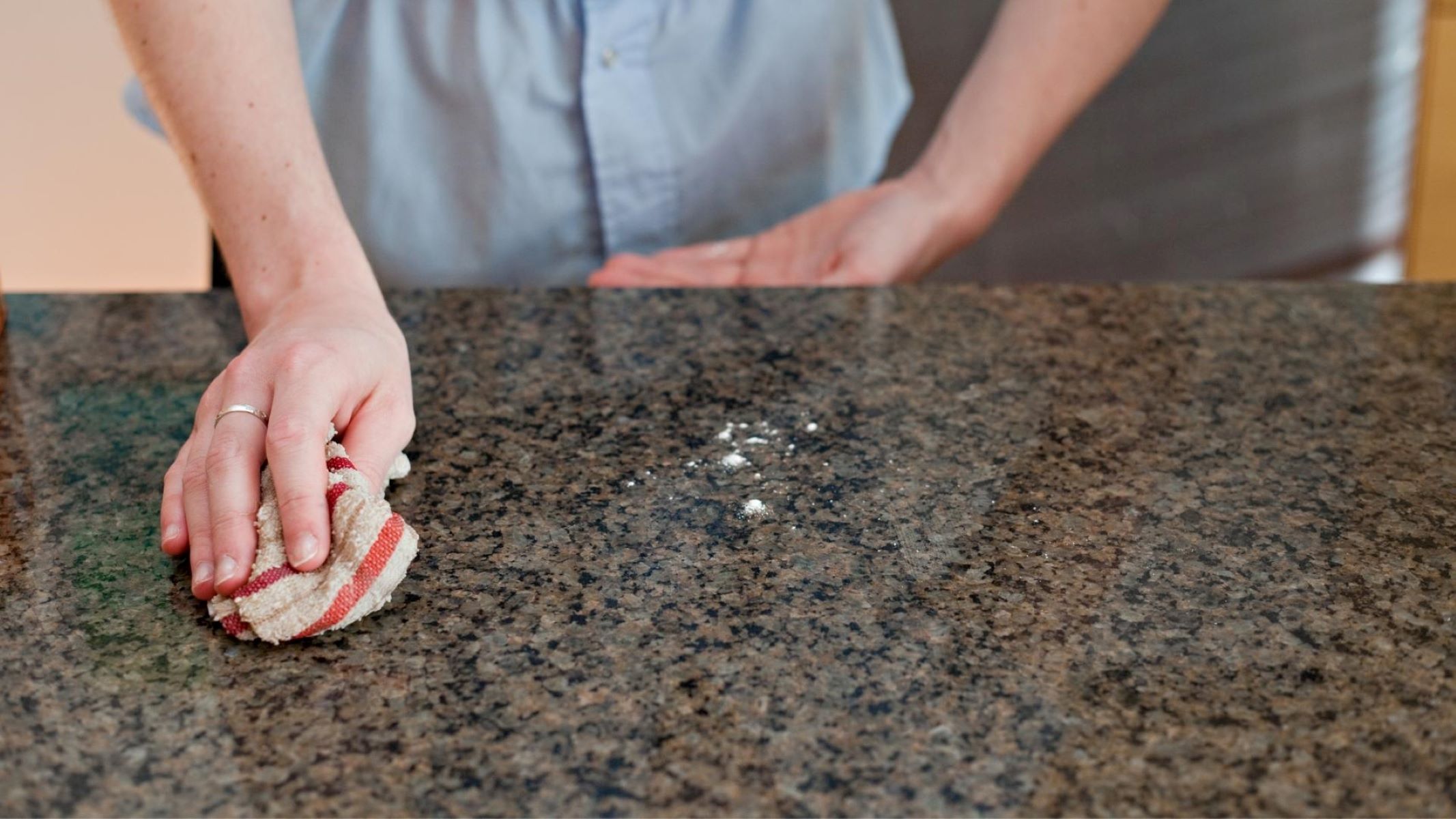
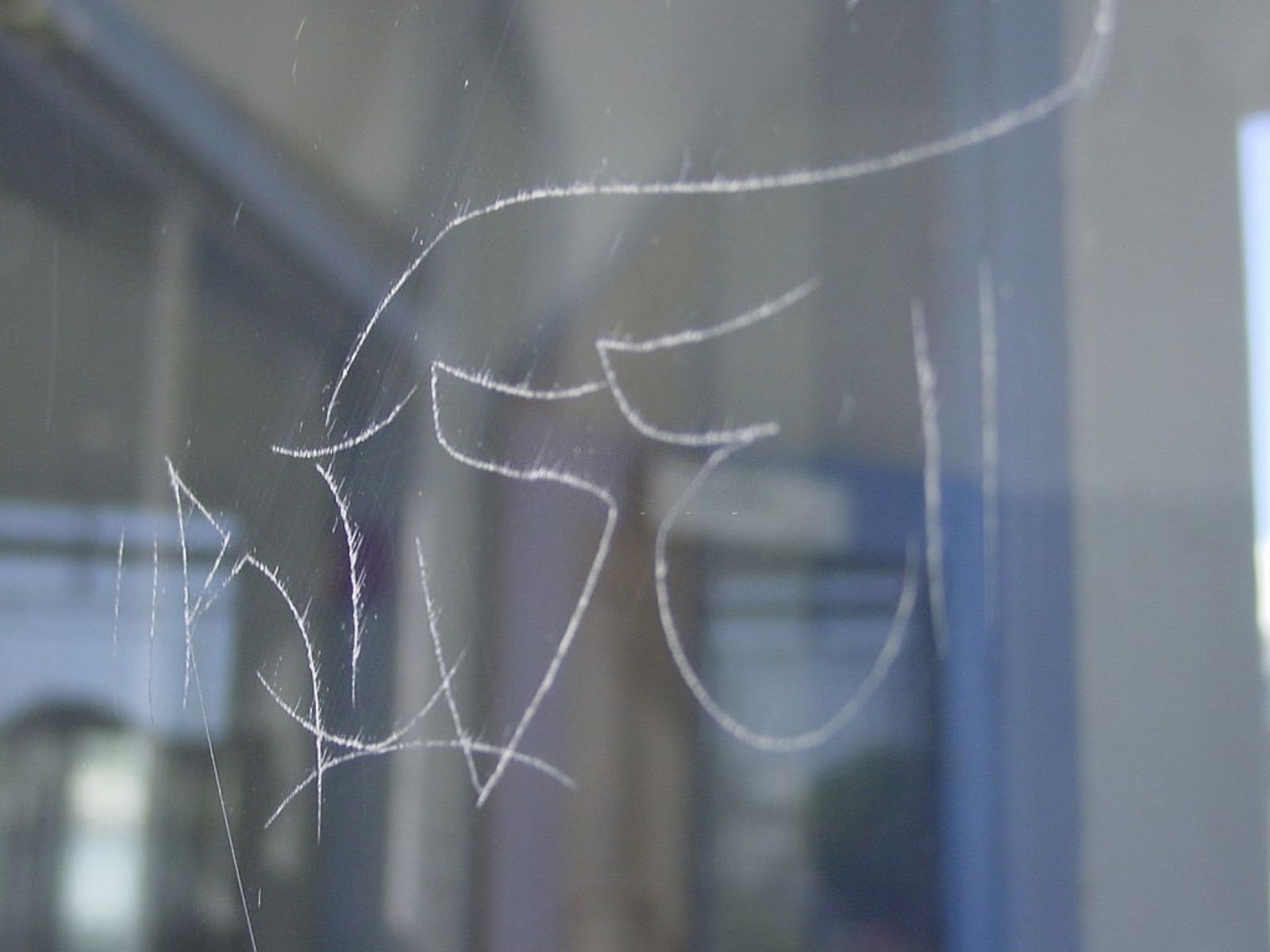
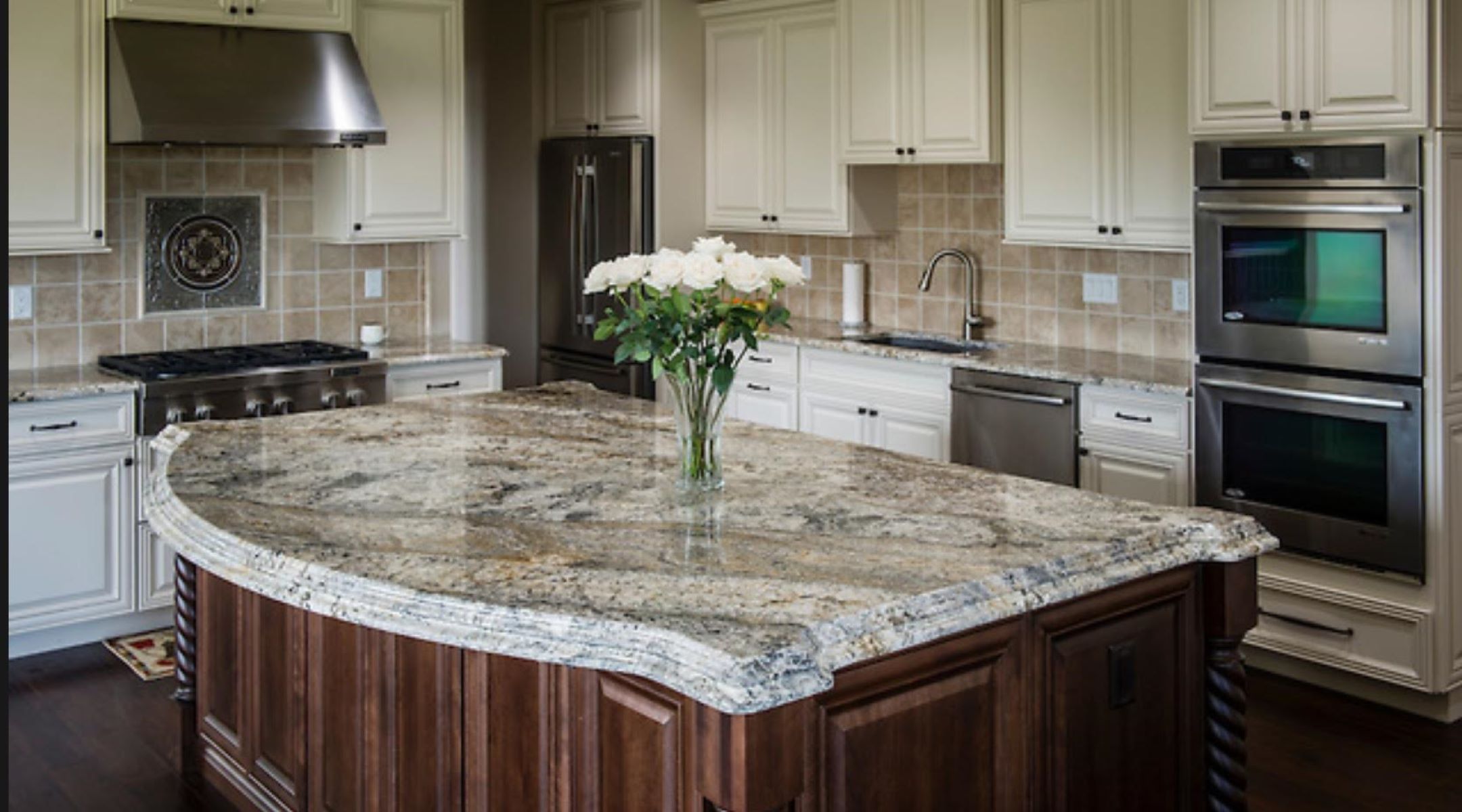

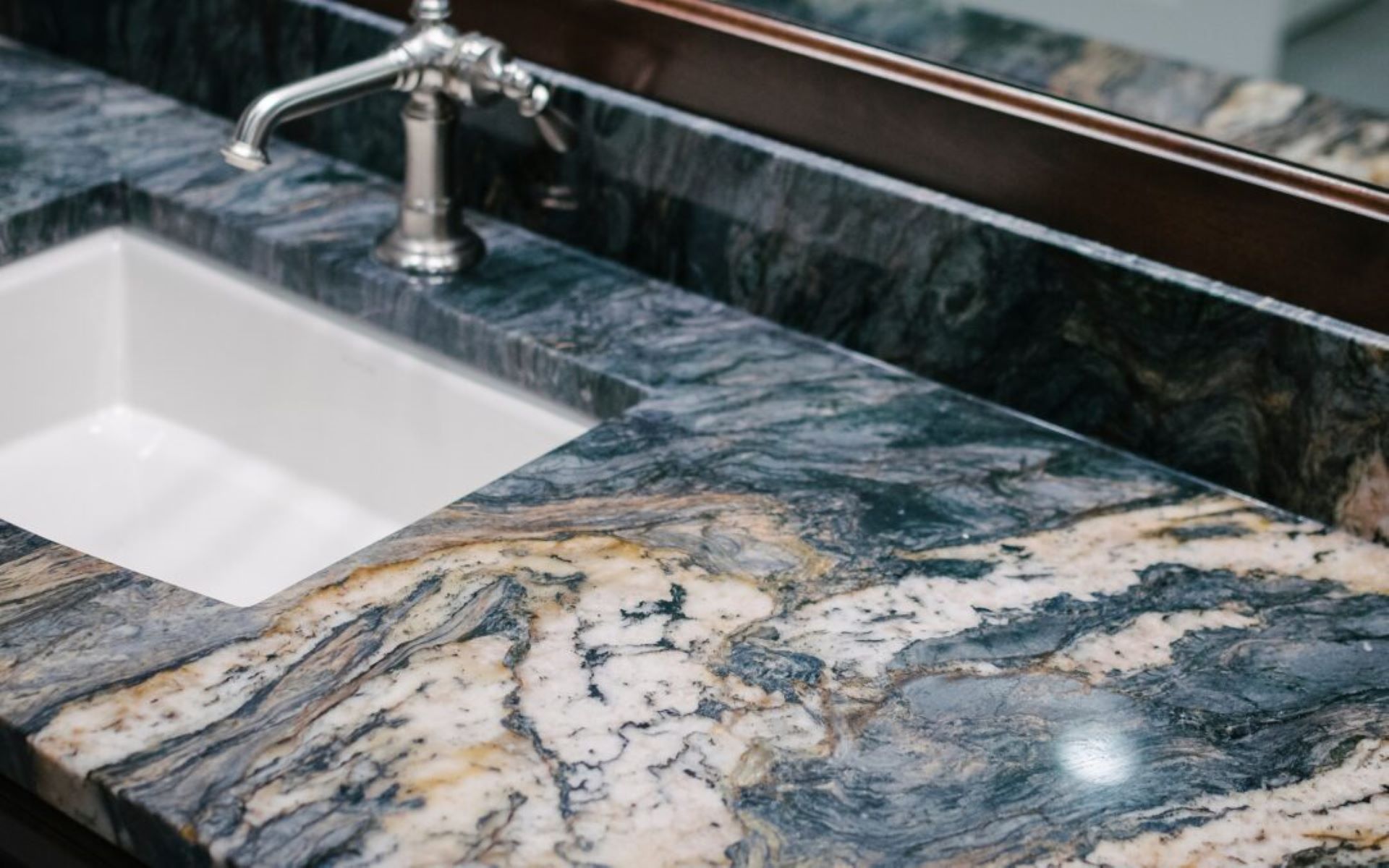
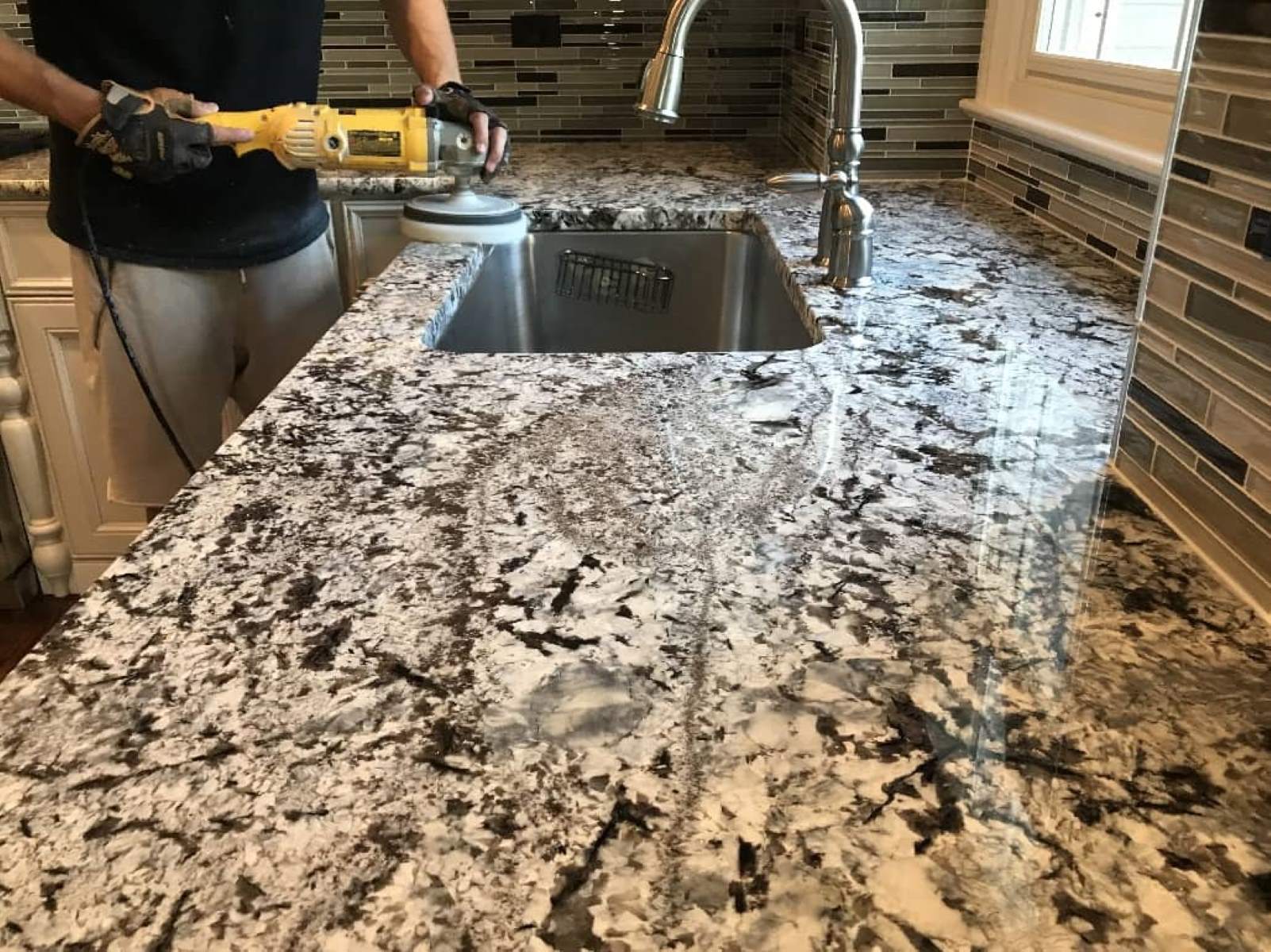
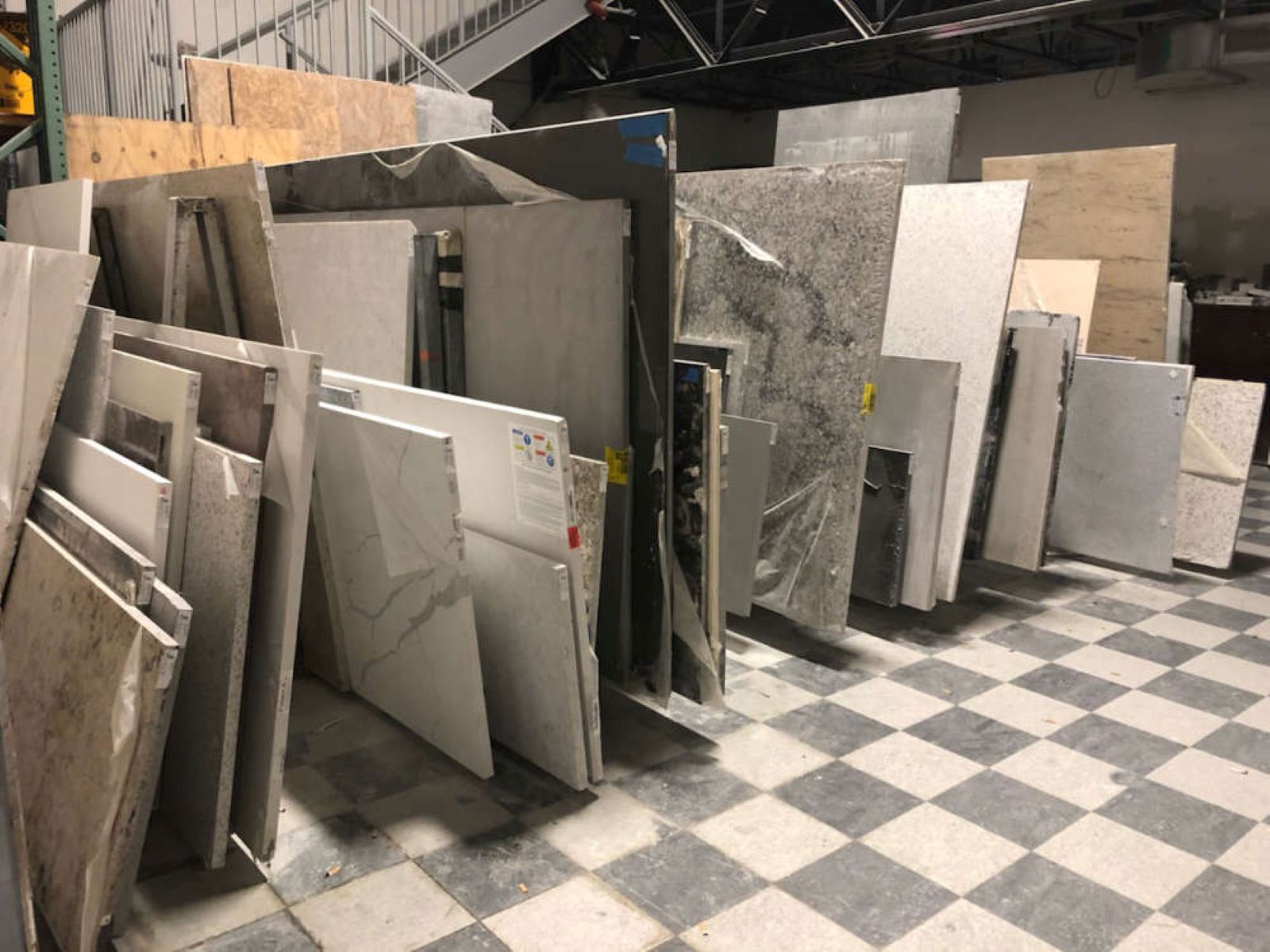
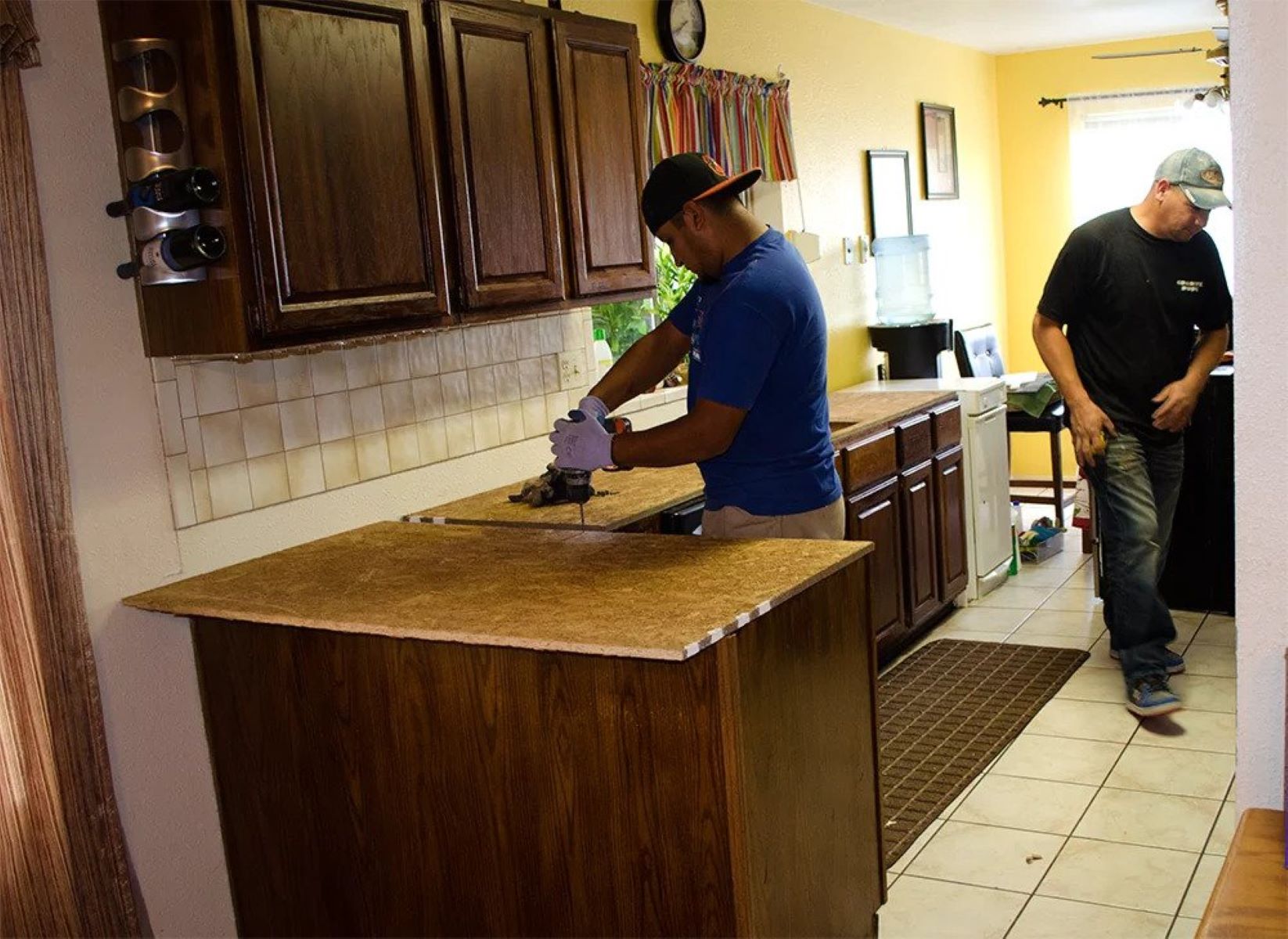
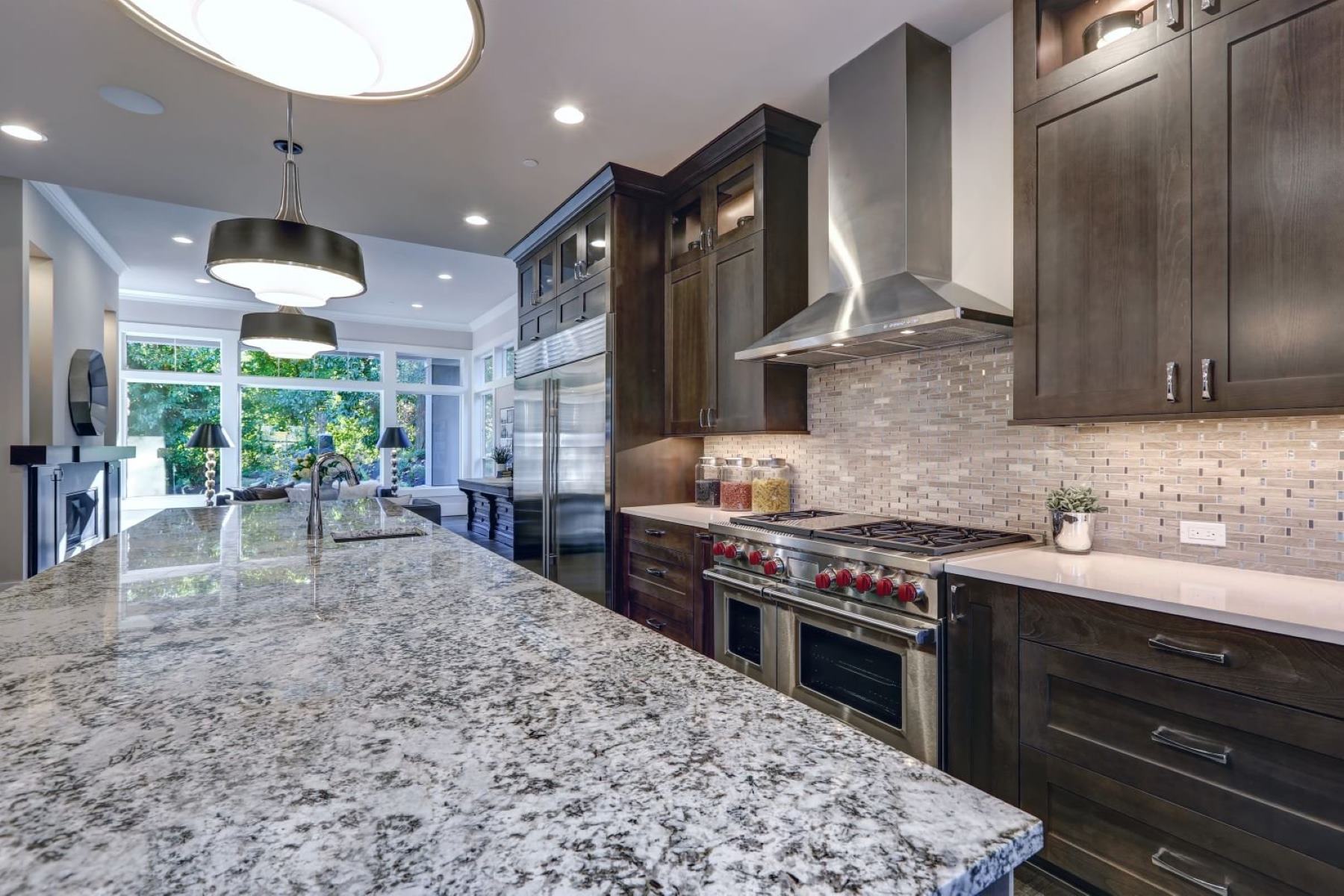
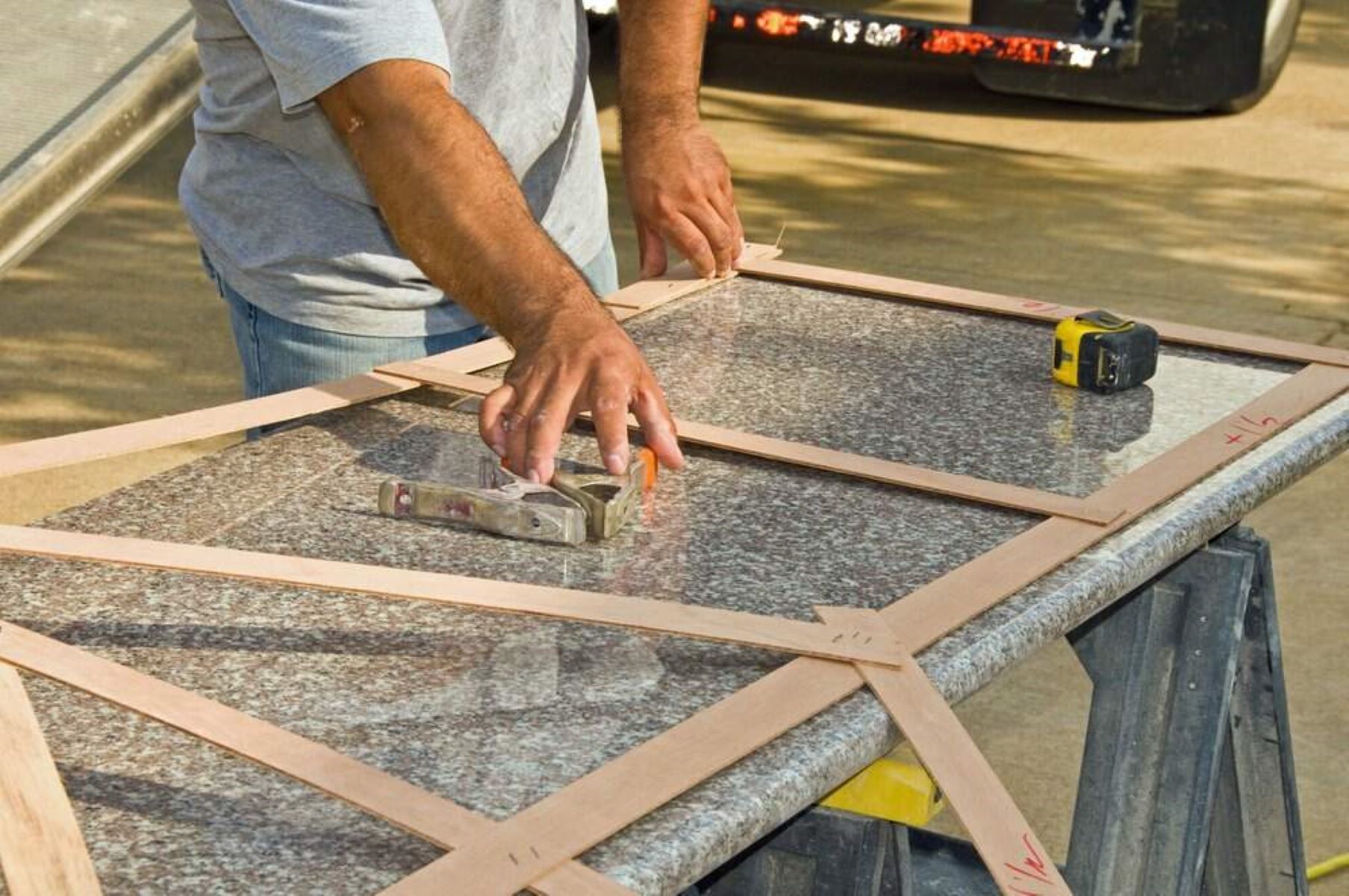
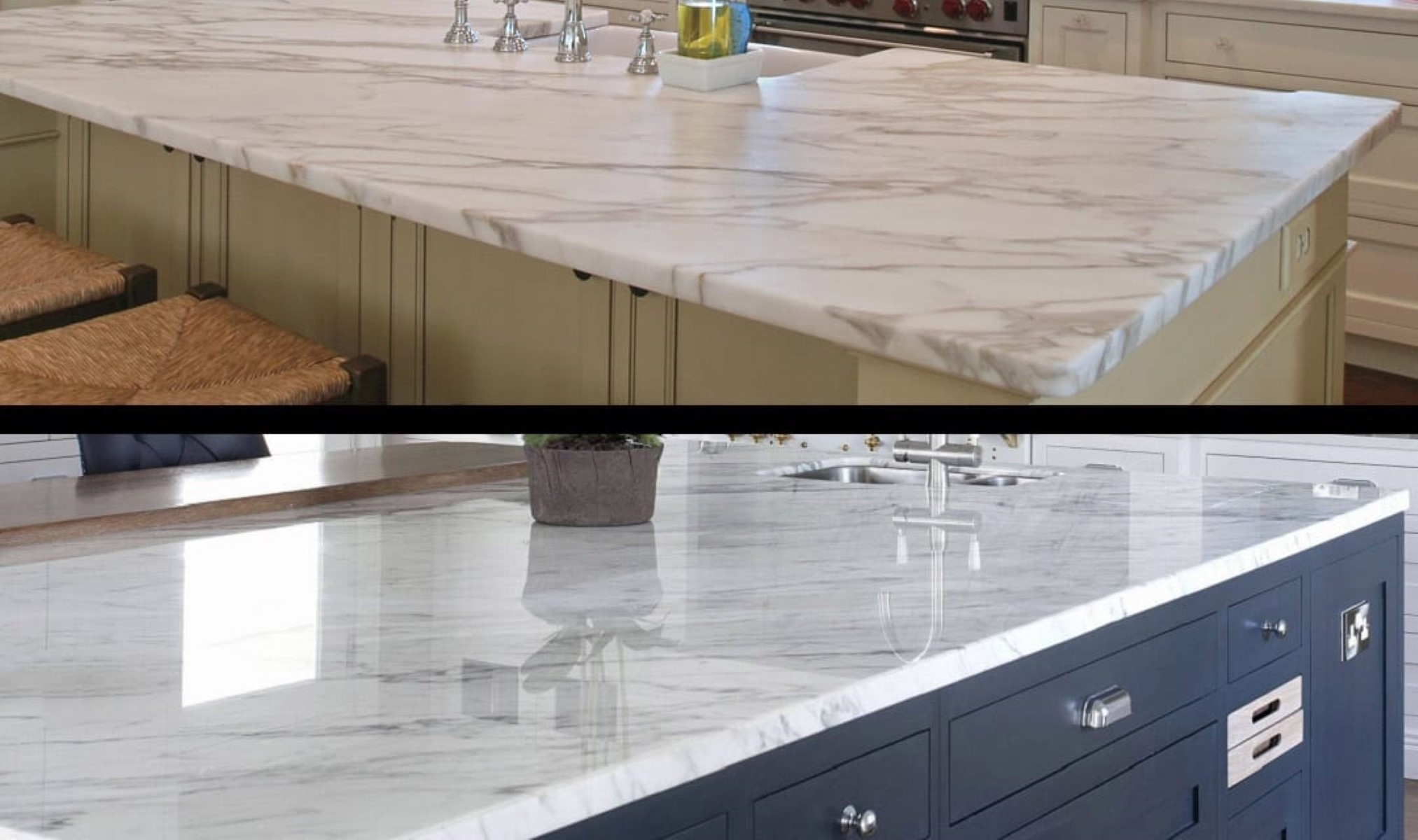

0 thoughts on “What Can Scratch Granite Countertops”